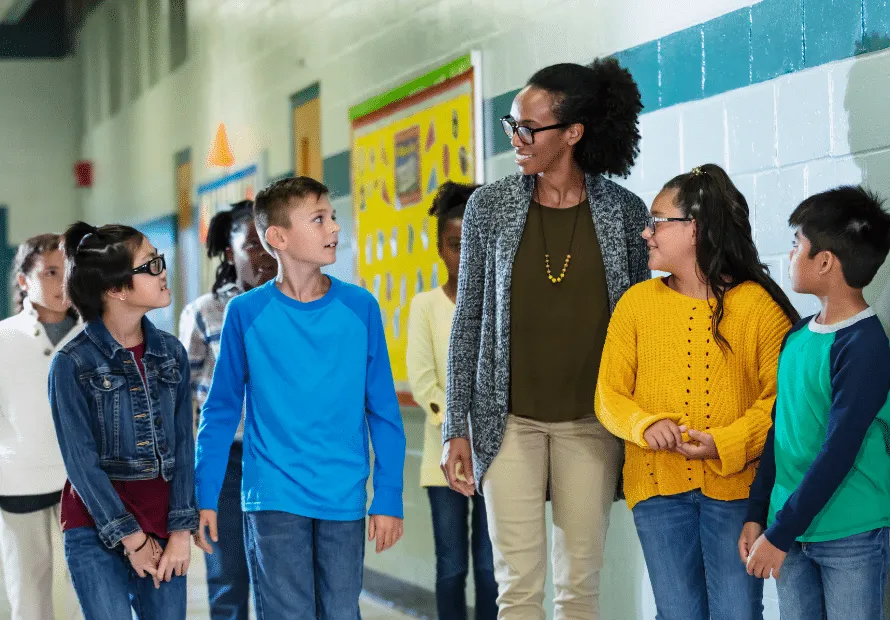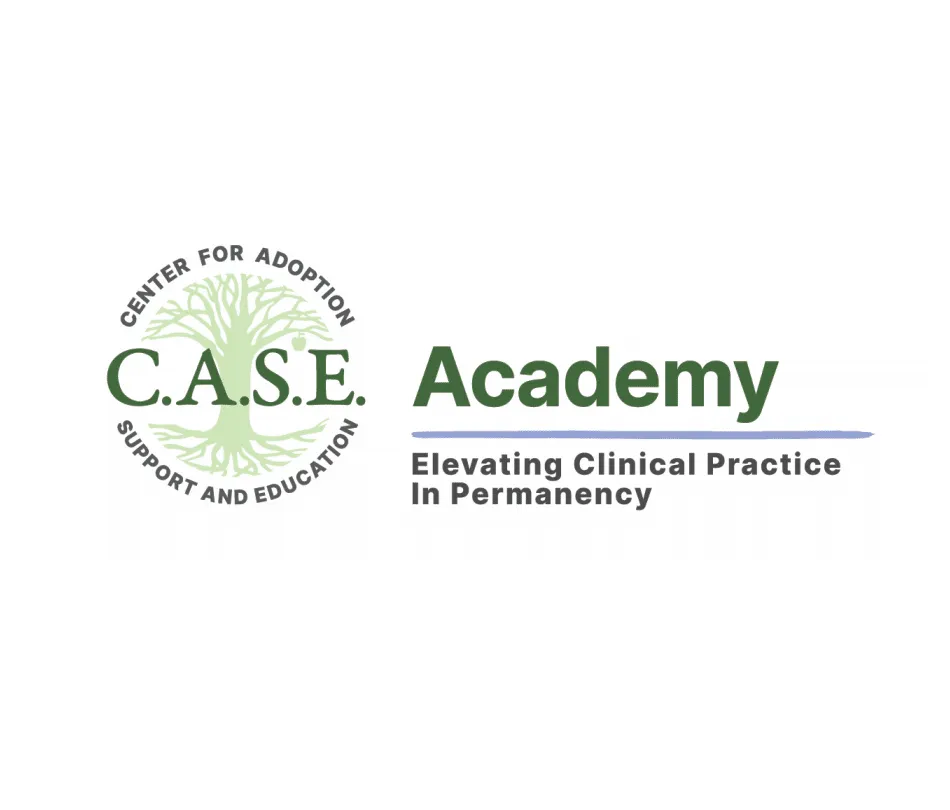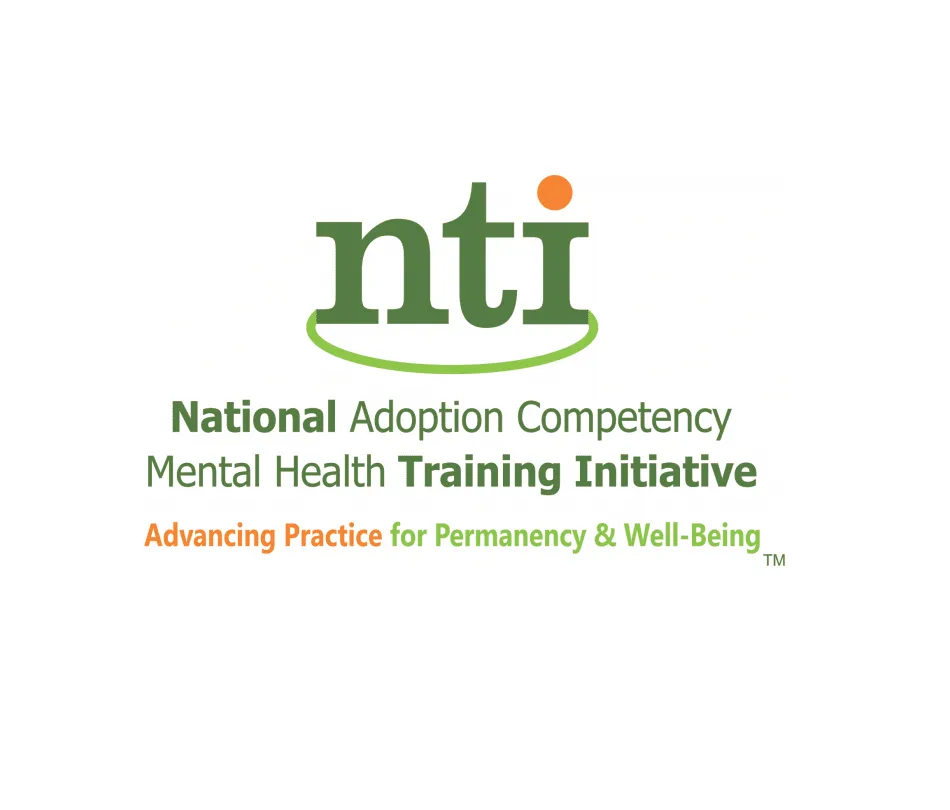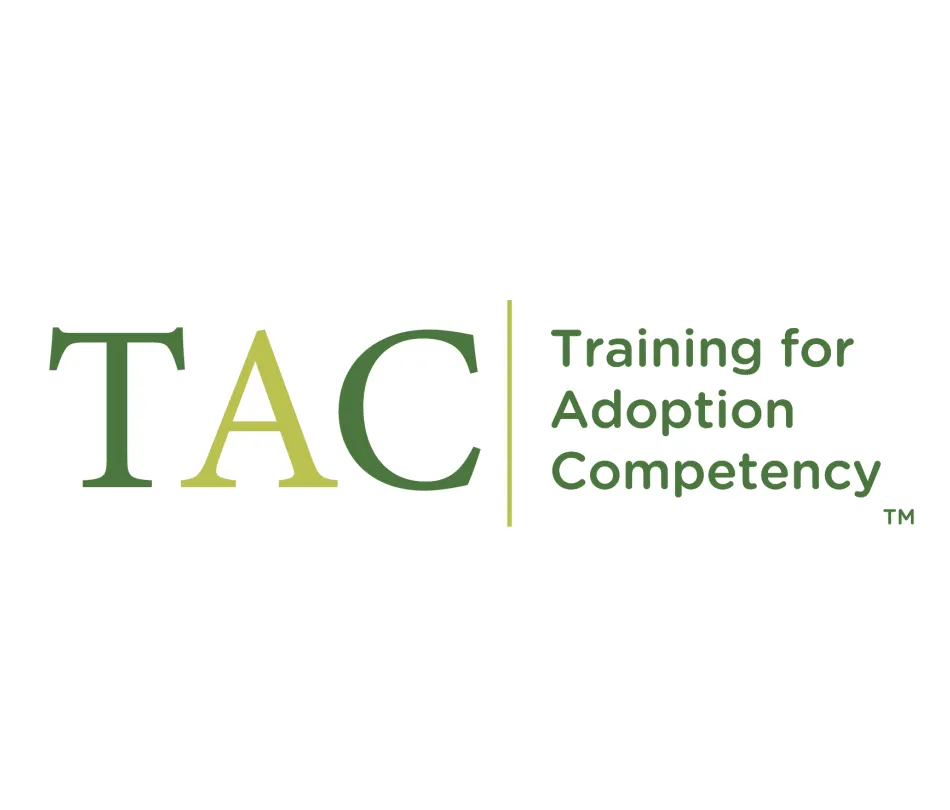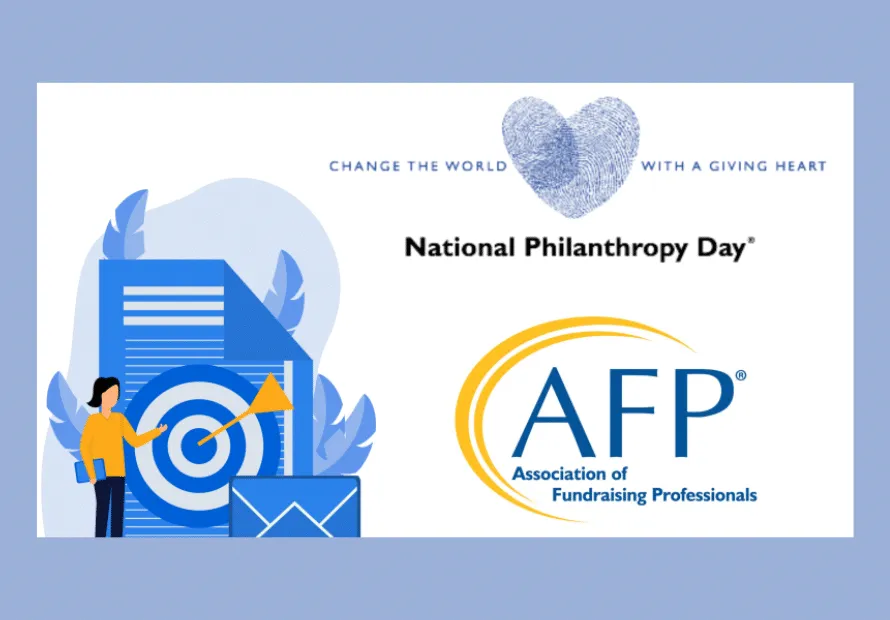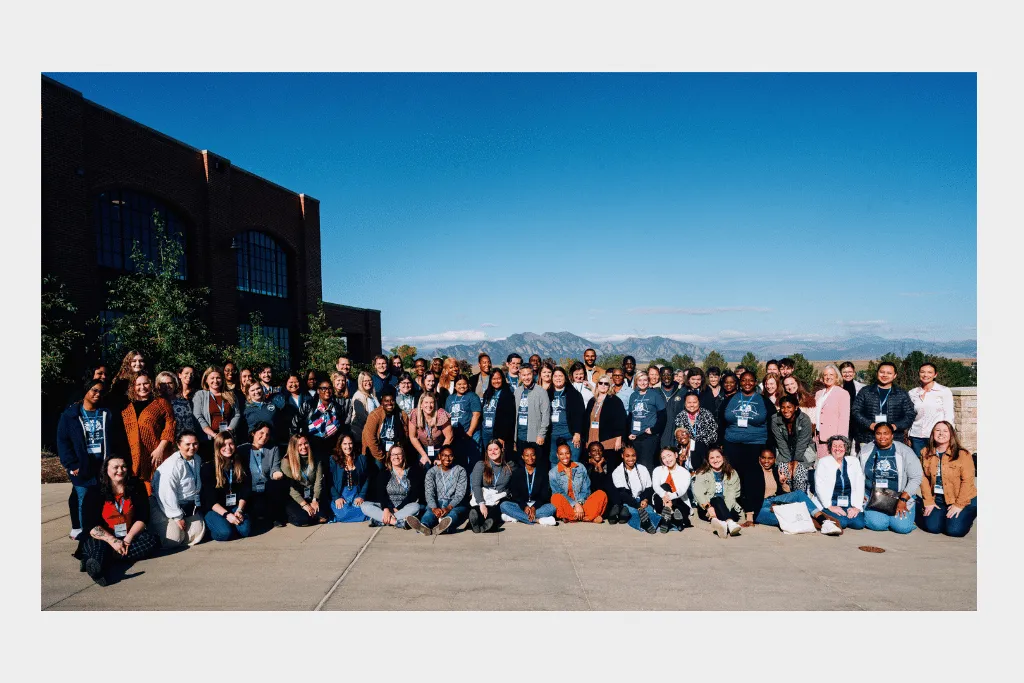Why This Training Matters: A Pathway to Safer More Supportive Schools
Why This Training Matters: A Pathway to Safer More Supportive Schools
Every student deserves to walk into a school where they feel understood, supported, and safe. For those who carry weight from trauma such as students experiencing foster care, kinship care, and adoption, this kind of school culture can be life-altering. Educators are eager to help, yet they may not always have access to professional development that speaks directly to the unique challenges of this population. This is why the School-Based Mental Health Professionals training is so vital. Offered at no cost, this training equips school-based mental health professionals with the tools, strategies and resources to support students experiencing adoption, foster care, or kinship placements.
While the commitment to supporting all students is clear, many schools and families often struggle to access specialized training that speaks directly to the challenges of these students. Our School-Based Mental Health Training was created to fill that gap with insight, compassion, and practical guidance.
Rooted in a deep understanding of the complexities these students face, this training equips educators, counselors, and school staff to respond with empathy, intentionality, and effective strategies. Raising awareness is important, but this training aims to transform how we approach education, making the education field more inclusive and providing an environment that feels more nurturing and holistic.
For Professionals: Tools That Transform
As a school-based mental health professional, you have likely supported students who carry unseen burdens. Even if trauma isn’t disclosed, its impact can show up in behavior, academic struggles, or relationship challenges. This training helps you recognize those signs, respond with care, and build meaningful, trust-based relationships.
We are in districts throughout the country, and many schools are already incorporating the training into staff meetings, back-to-school PD days, and monthly coaching sessions. The training is being used to:
- Deepen understanding of the dynamics unique to adoption, foster, and kinship care
- Promote inclusivity
- Support trauma recovery and address ambiguous loss
- Build staff capacity to serve this population
- Foster academic and social-emotional growth
Participating in this training is more than professional development; it’s a transformative investment in your school community. The knowledge you acquire will help you support students navigating the complexities of foster care, adoption, and kinship care, and can change the way your students experience school. This will spark collective learning and a stronger, more empathetic school culture. Students begin to feel seen. Educators feel more equipped. As a result, schools shift from reacting to behaviors to addressing the needs behind them.
For Families: Advocate for the Support Your Child Deserves
If you are an adoptive parent or a foster or kinship caregiver, your insights are powerful. You know what it takes to help your child thrive. You’ve likely experienced the challenge of explaining your child’s needs to well-meaning educators who may not fully understand the context. You can be a catalyst for change.
Start with a meaningful dialogue with a school counselor, administrator, or social worker. Share your story. Advocate for the training. When your voice is heard, it opens the door to greater empathy and more informed support. Studies show that over 90% of youth in foster care have experienced at least one traumatic event, such as abuse, neglect, or the loss of a parent. These experiences influence every aspect of a student’s life from academic performance and emotional regulation to behavior and social relationships. Educators are integral in supporting the emotional and behavioral needs of students in foster care, adoption, and kinship placements. These students often experience heightened emotional distress due to past trauma, loss, or instability.

By introducing this training to your child’s school, you:
- Help bridge the gap between intention and understanding
- Bring trauma-informed, adoption-competent education to the forefront
- Create stronger partnerships between families and schools
- Empower staff to meet the needs of your child and others like them
Partner with our Training and Implementation Specialists to ensure the training is tailored to your school’s needs. Your advocacy makes a difference—not just for your child—but for students across your district and beyond.
Creating Impact: A Shared Responsibility
Students impacted by foster care, adoption, or kinship care often carry deep emotional wounds from grief, disrupted attachments, or multiple placements. These life experiences impact every aspect of a child’s school journey such as learning, behavior, relationships, and self-esteem. School-based mental health professionals are uniquely positioned to be anchors of safety and healing but only if they are equipped with the right tools. That’s why our free, CE-approved training is open to:
- School counselors
- Social workers
- Teachers and paraprofessionals
- Administrators and district leaders
- Nurses
- Support staff
This training addresses grief that often goes unspoken, the complexity of identity development, and the trauma behind many student behaviors. When educators understand the context, they can respond with care while creating a more compassionate, responsive learning environment.
Be a Champion for Change
Whether you are a parent, caregiver, teacher, or mental health professional, you can help bring this training into more schools. Here is how to get involved:
- Share the training with school counselors, principals, and district leaders
- Talk to your PTSA about supporting school-wide professional development
- Introducing the training during staff meetings or back-to-school planning
- Advocate for trauma-informed, adoption-competent care to be part of school mental health programs
When families and professionals unite in advocacy, schools begin to transform. Students feel safe and seen. Staff feel prepared and supported. And learning environments become more inclusive for everyone. This kind of change does not happen by chance. It takes intentionality and passion. Our School-Based Mental Health Training is here to help make that change possible. Together, we can build schools where every student, especially those navigating complex life experiences can heal, grow, and succeed.
